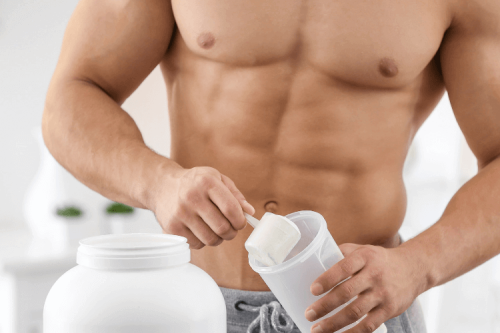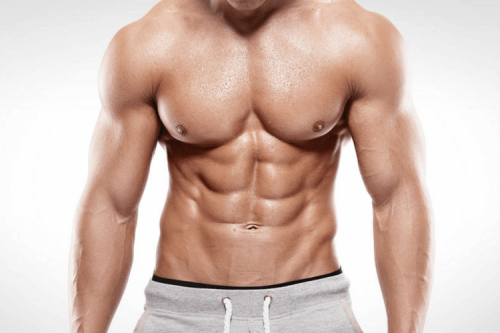You eat healthily, resist temptation and train hard…but still have nothing to show for it. Does this sound familiar? If your weight loss efforts are failing, it could be time to take a closer look at your diet. What you eat can account for up to 80% of your results. Even if you’re health-conscious and mindful of everything you eat, subtle mistakes could still be stalling your progress. Cast your eyes over the following five to see whether you could be guilty of making these diet mistakes:
Assuming that low-carb equals low-calorie
Just because the label says “low-carb” doesn’t mean it’s good for your waistline. Many low-carb foods are packed with hidden sugars and fats that will ruin your diet. For instance, sugar-free chocolate is often loaded with trans fats, hydrogenated oils and fillers. Read food labels carefully to make sure that the healthy claims being touted are accurate.
Eating too many artificial sweeteners
Eliminating sugar from your diet is a smart choice. However, your efforts will largely be in vain if you replace sugar with artificial sweeteners. Products such as aspartame and splenda have been linked to a higher risk of insulin resistance, heart disease, metabolic syndrome, obesity and diabetes. They may also disrupt your body’s ability to regulate blood sugar and mess up your satiety hormones. Studies indicate that dieters who are gaining weight are more likely to use sugar substitutes in large amounts.
Not getting enough protein
When your diet is low in protein, weight loss is a whole lot harder. Protein increases satiety, leaving you less susceptible to snacking, but that’s not its only link to weight loss. In one study, women who followed a high-protein diet lost more weight than those who consumed the same amount of calories but less protein. If you’re trying to cut back on calories, drink a quality protein shake to prevent muscle loss. A scoop of Healthy Whey will provide you with 20 grams of protein and just 117 calories, which is ideal for dieters.
Zero sodium
Many dieters cut back on sodium or avoid it completely to prevent water retention. This mineral helps regulate the body’s fluid balance. If you eliminate it from your diet on a long-term basis, your body will store more water than usual to compensate for the low sodium levels. As a result, you’ll look puffy and bloated despite eating little or no salt. Ideally, your diet should provide moderate amounts of sodium. This will make it easier to lose weight and prevent muscle cramps.
Overloading on healthy food
If a food’s good for you, it’s okay to eat a little extra because your body could use the nutrients, right? Actually, it doesn’t quite work that way. The truth is that “clean” foods can still make you fat. All it takes is a few extra bites every time you dig into a calorie-dense snack such as nuts or seeds. Over time, these calories add up, leading to weight gain. To avoid this pitfall, track your portions and write down everything you eat.
If you’re struggling to lose weight, it’s likely due to a number of reasons. Just as one unhealthy meal won’t make you fat, one dietary mistake won’t stall your progress. When one mistake turns into three or four, however, their cumulative effects can quickly add up. Scrutinise your eating habits to identify these pitfalls and maximise your prospects of developing a better body.







